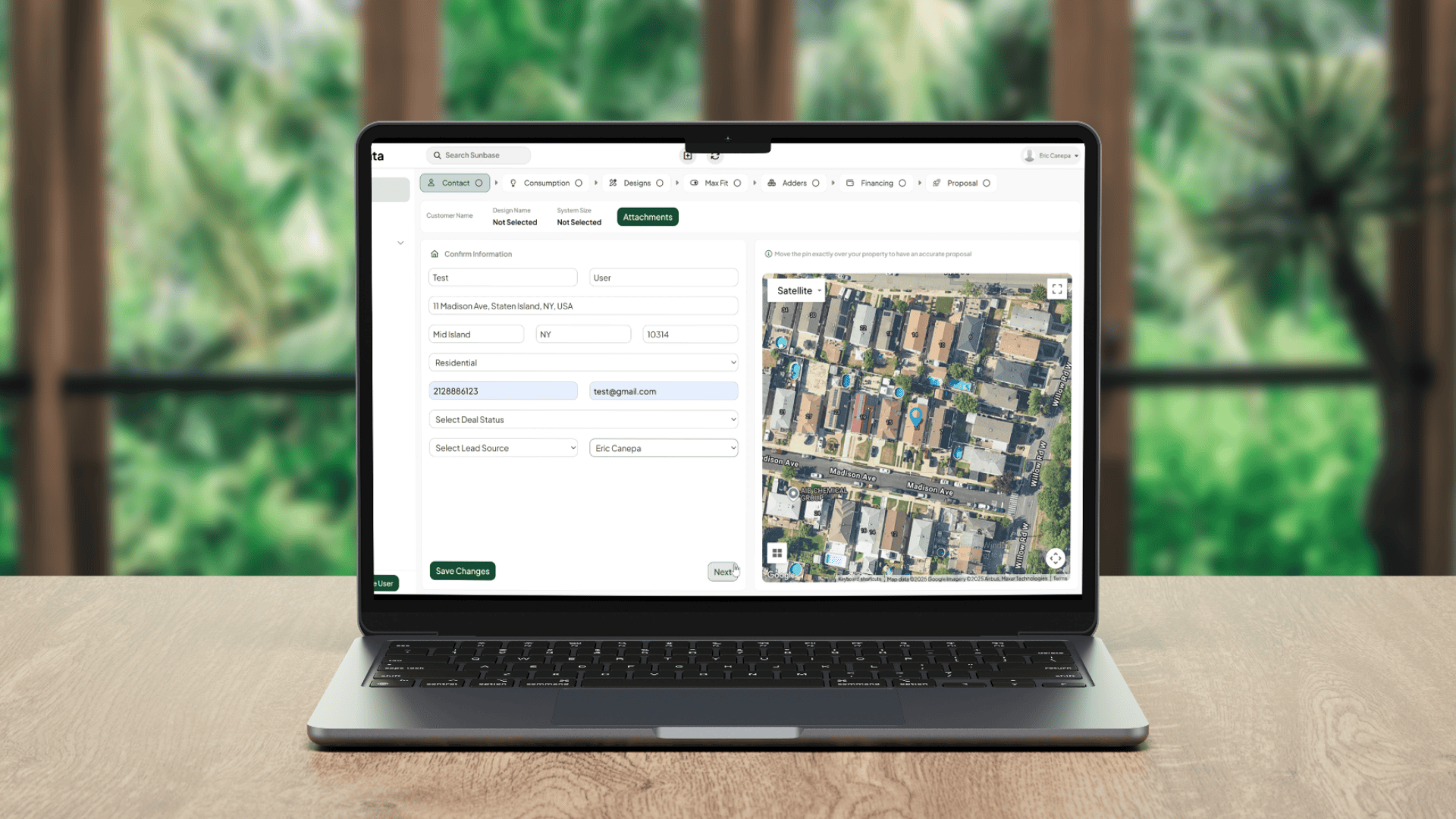December 9, 2022
Imagine this: You’re running a small business, and as it starts to grow, managing customer information becomes a challenge. You’re losing track of follow-ups, missing important sales opportunities, and customer complaints are piling up.
The chaos is affecting your team’s productivity and costing you potential revenue. That’s where a Customer Relationship Management (CRM) system comes in.
By organizing customer data, streamlining communication, and automating tasks, CRM helps you regain control, boost efficiency, and build stronger relationships, ultimately driving your business toward success.
What is CRM?
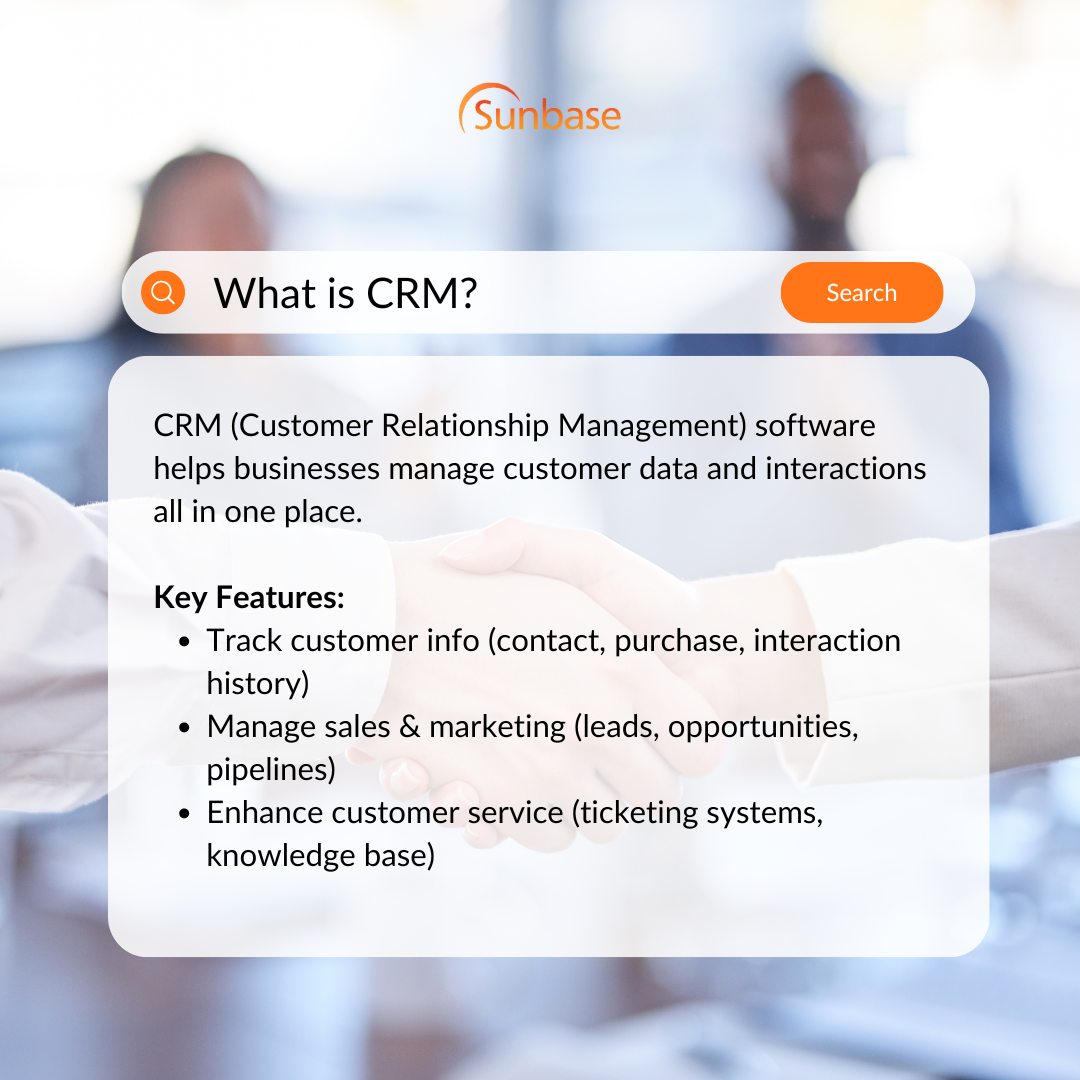
Simply put, CRM software is a tool businesses use to manage customer relationships. This includes tracking customer data, such as contact information, purchase history, and interaction history.
CRM software consolidates this data into a single database, making it easy for businesses to track their customers and manage their relationships.
CRM software also includes features for Managing sales and Marketing processes, such as:
- Lead management
- Opportunity management
- Pipeline management
Additionally, CRM software often includes features for improving customer services, such as ticketing systems and knowledge base management. CRM software lets businesses get a complete view of their customers and all their interactions with the company.
Top 10 Benefits of CRM Software
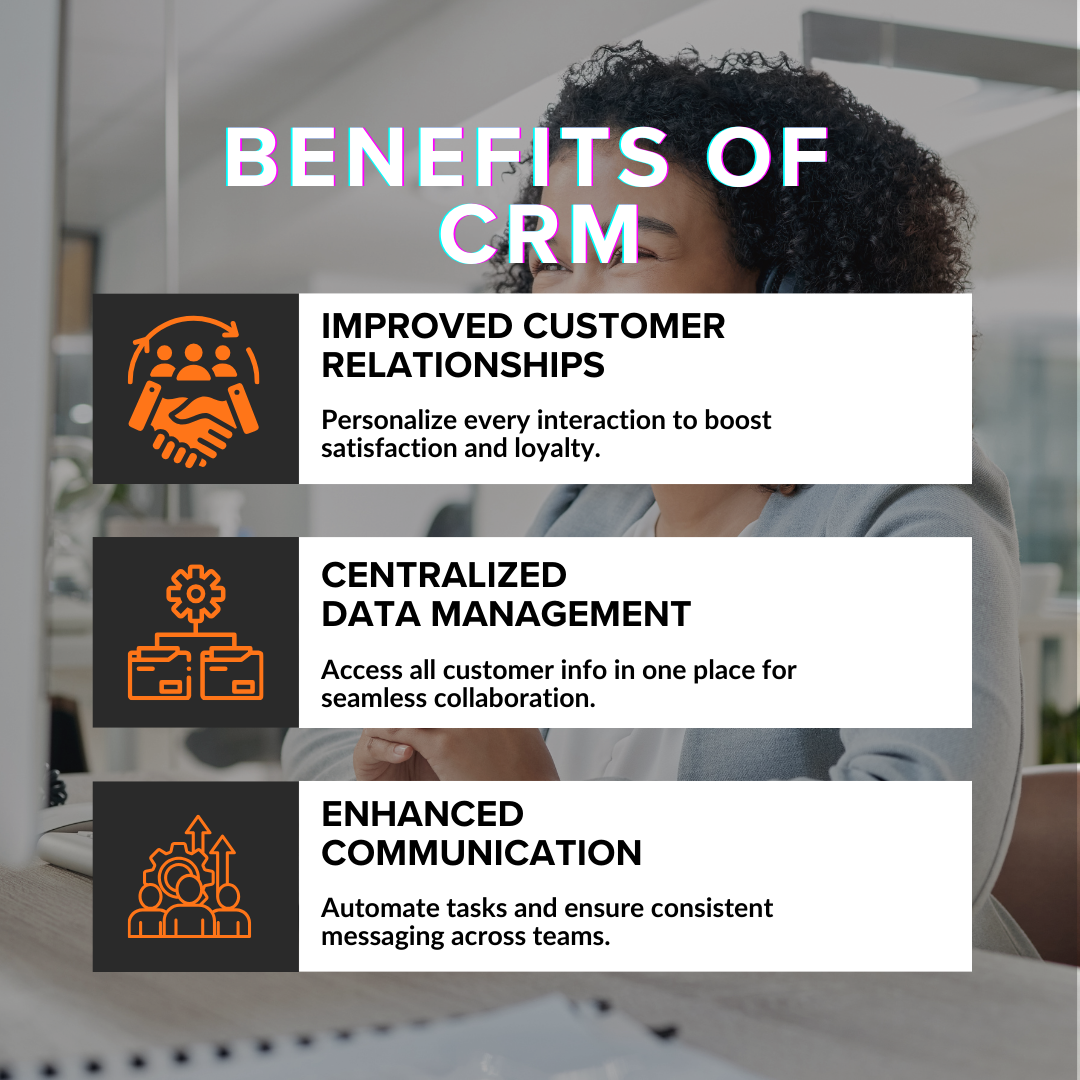
1: Improved Customer Relationships
A CRM solution helps maintain detailed customer profiles by storing key information like past purchases, preferences, and interactions.
This allows businesses to build a complete picture of each customer. With this data, your sales team can personalize every interaction, addressing customer needs more effectively.
CRM systems make it easy to track customer histories, ensuring consistent communication and fostering long-term relationships.
By offering personalized service, businesses can enhance customer satisfaction, boost loyalty, and increase the likelihood of repeat sales.
2: Centralized Data Management
One of the biggest advantages of a CRM system is its ability to store all customer data in one centralized location.
Instead of having scattered information across different tools or departments, everything is easily accessible in a single platform.
This eliminates data silos, enabling better collaboration between teams. With everyone having access to the same information, your sales team can work more efficiently, make faster decisions, and offer better customer support. A CRM solution ensures that important data is never lost and always up-to-date.
3: Enhanced Communication
CRM systems help streamline communication by automating key tasks such as follow-ups, appointment reminders, and email responses.
This ensures that no customer interaction is missed, helping your sales team stay on top of their leads. Additionally, a CRM solution allows for consistent messaging across all departments, ensuring that everyone on the team is aligned.
Whether a customer is contacted by sales, support, or marketing, the message remains cohesive, making the customer feel valued and understood throughout their journey.
4: Increased Sales and Revenue
CRM systems play a crucial role in identifying sales opportunities by tracking lead behavior and customer interactions.
With a clear view of the sales pipeline, your sales team can prioritize high-potential leads and convert them faster.
CRM solutions also provide valuable data insights that make cross-selling and upselling more effective.
By analyzing past purchases and customer preferences, businesses can offer relevant products or services, ultimately driving higher sales and revenue. The result is a more strategic and data-driven approach to boosting profitability.
5: Improved Customer Retention
A CRM solution is essential for tracking customer satisfaction and implementing loyalty programs. By using CRM tools to monitor interactions and feedback, businesses can proactively address issues before they escalate, improving customer experience.
CRM systems also help nurture ongoing relationships by sending timely updates and personalized offers, reducing customer churn.
By staying connected with clients and offering value at every stage, businesses can retain more customers, which is often more cost-effective than acquiring new ones.
6: Better Data Analysis and Reporting
CRM systems provide in-depth insights into customer behavior, preferences, and purchasing patterns. This data is essential for making informed decisions that can drive business growth.
CRM analytics tools help businesses forecast future trends, identify which products are in demand, and optimize their marketing strategies.
By using these insights, your sales team can tailor their approach to meet specific customer needs, ensuring higher conversion rates and a more efficient sales process. Better data leads to better outcomes, improving overall business performance.
7: Task Automation
With CRM systems, routine tasks like sending emails, scheduling follow-ups, and managing invoicing can be automated, freeing up time for your team to focus on strategic initiatives.
By eliminating manual processes, CRM solutions increase efficiency and reduce human error. This automation not only saves time but also ensures that important tasks are completed consistently and on schedule.
Your sales team can spend more time building relationships and closing deals, while the CRM takes care of the repetitive tasks behind the scenes.
8: Enhanced Customer Segmentation
CRM systems make it easy to categorize customers based on behavior, demographics, and purchasing patterns.
This segmentation allows businesses to tailor their marketing efforts and create personalized offers for specific customer groups.
Targeted marketing campaigns are much more effective, as they address the unique needs of different segments. With a CRM solution, businesses can deliver the right message to the right audience at the right time, improving engagement and increasing the chances of conversion.
9: Scalability
As businesses grow, their needs evolve, and CRM systems are designed to scale accordingly.
Whether you're a small business or an enterprise, a CRM solution can easily adapt to fit your changing requirements. Its flexibility allows for seamless integration with other software and tools, ensuring that your operations remain smooth as you expand.
By supporting new users, features, and processes, scalable CRM systems help maintain efficiency and customer loyalty, allowing your business to grow without sacrificing the quality of the customer journey.
10: Mobile Access for Remote Teams
With mobile CRM access, sales reps and remote teams can manage their tasks and interact with customers from anywhere.
This functionality is vital for field sales teams, enabling them to update customer data, track the sales pipeline, and receive real-time updates while on the go. Mobile CRM systems also support synchronization across devices, ensuring that everyone stays connected and up-to-date.
By improving accessibility and communication, mobile CRM solutions help boost customer retention, as teams can promptly address client needs no matter where they are.
Ready to Boost Your Sales?
Discover the benefits of our all-in-one business management solutions. Learn More!
How can a CRM help your Business Grow?
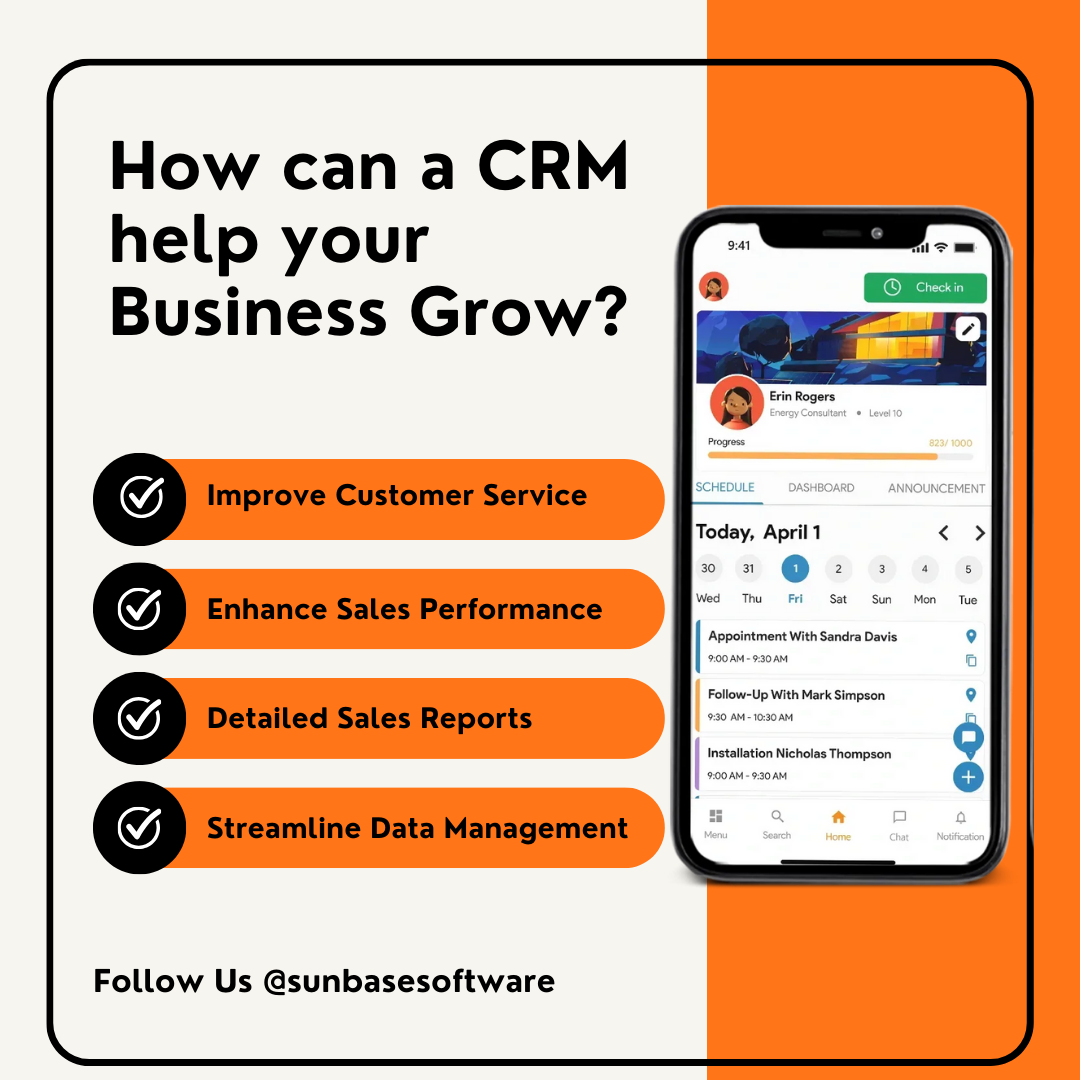
A CRM can significantly help your business grow by enhancing various aspects of operations, from improving customer service to boosting sales performance. Here’s how a CRM can drive growth:
- Improve Customer Service: CRM provides a complete view of each customer’s history and preferences, enabling personalized interactions and faster issue resolution, which enhances overall customer satisfaction.
- Nurture Existing Customers: By automating follow-ups and offering tailored deals, CRM systems help strengthen long-term relationships, increasing customer loyalty and retention.
- Enhance Sales Performance: CRM tools track leads, prioritize opportunities, and provide real-time data to sales reps, enabling them to close deals faster and more effectively.
- Detailed Sales Reports: CRM generates in-depth sales reports, offering insights into performance metrics, and allowing businesses to refine strategies and identify new growth opportunities.
- Streamline Data Management and Automation: CRM systems automate routine tasks, freeing up time for your team to focus on higher-value activities, such as closing deals and nurturing relationships.
Sunbase CRM: Best CRM Software
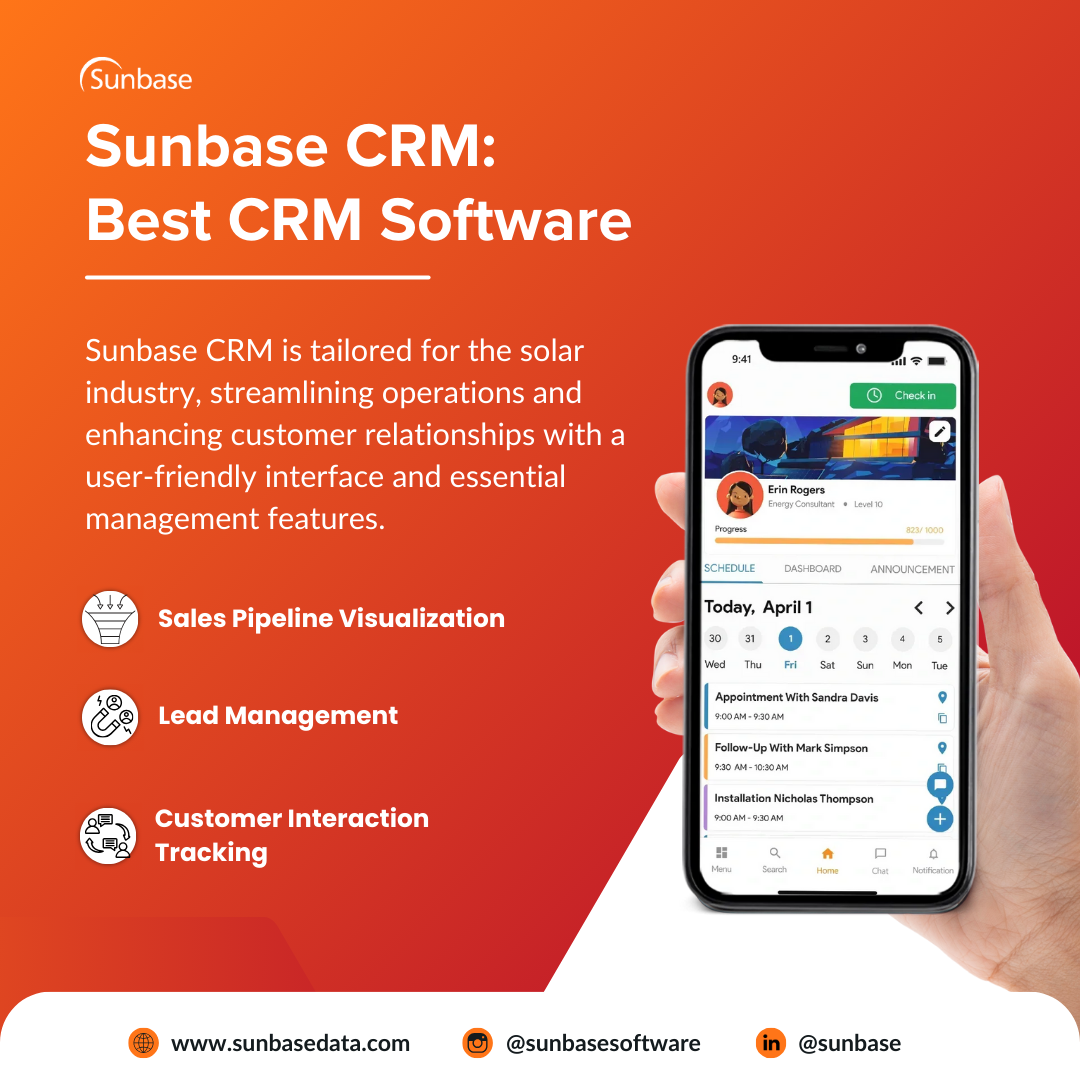
Sunbase CRM is designed specifically for the solar industry, offering a comprehensive suite of features that streamline operations and enhance customer relationships. Its user-friendly interface allows solar businesses to efficiently manage customer interactions, track leads, and optimize sales processes.
Key Features:
- Lead Management: Capture, qualify, and nurture leads effectively, ensuring no opportunity is missed. The system centralizes all lead data for easy access and follow-up.
- Sales Pipeline Visualization: Gain insights into your sales pipeline with visual tools that help track stages and deal progress, enabling better forecasting and strategy adjustments.
- Proposal Generation: Create professional, customized proposals quickly, reducing time spent on paperwork and increasing conversion rates.
- Customer Interaction Tracking: Maintain detailed records of customer interactions, preferences, and history, allowing for personalized service that boosts satisfaction and loyalty.
- Mobile Access: With mobile functionality, your team can access critical information on the go, enhancing productivity and responsiveness.
What sets Sunbase CRM apart is its focus on the unique needs of the solar industry, combined with robust analytics and reporting capabilities. This ensures that your business can make informed decisions, ultimately driving growth and efficiency. Transform your solar business with Sunbase CRM today!
Unlock Your Business Potential!
Explore how
Sunbase CRM can transform your solar operations. [Request a Demo Today!]
About Sunbase
Sunbase helps solar companies succeed through a suite of Solar CRM tools like Solar Lead Management Software, Solar Proposal Software, etc.! To book your demo or an appointment, contact us here.
FAQs
Q1. How does a CRM system improve customer retention?
Ans -
A CRM system helps track customer interactions, automates follow-ups, and offers personalized service, which strengthens customer relationships. By identifying issues early and providing tailored offers, CRM solutions help reduce churn and improve customer retention.
Q2- Can a CRM system help small businesses scale?
Ans -
Yes, CRM systems are designed to grow with your business. They offer scalable features that adapt to your needs, allowing you to handle more customers, integrate new tools, and maintain efficient processes as your business expands.
Q3- What features does Sunbase CRM offer for solar businesses?
Ans- Sunbase CRM offers a comprehensive range of features tailored for solar businesses, including lead management, sales pipeline visualization, proposal generation, customer interaction tracking, and mobile access. These tools help streamline operations, improve customer relationships, and enhance overall productivity.
Q4- How can Sunbase CRM improve my sales process?
Ans - Sunbase CRM improves your sales process by centralizing all lead data, allowing for effective tracking and nurturing of leads. The sales pipeline visualization helps you monitor progress, while automated proposal generation reduces time spent on paperwork. With detailed customer interaction records, your team can provide personalized service, leading to higher conversion rates and customer satisfaction.
One Platform. Zero Chaos. Run Your Entire Business in One Place.
Sunbase replaces your CRM, proposals, scheduling, job tracking, and reporting tools — all inside one clean, connected platform.
About Sunbase
The All-In-One Platform to Run Your Entire Business
Sunbase helps you organize operations, streamline daily workflows, and manage everything - from first customer contact to final project deliver- in one connected system.
Our Mission
- Organize your business.
- Optimize your workflow.
- Automate what slows you down.
Why Businesses Choose Sunbase
One Connected Workflow
Replace scattered tools and manual processes with a single platform that brings together your team, tasks, customers, jobs, and performance data.
🌎 Global Presence
Serving the United States, Canada, India, LATAM, Australia, and 10+ international markets.
👥 11,000+ Users
Trusted by contractors, installers, project managers, sales teams, and field technicians.
🏗️ Built for All Sizes
From small contracting teams to fast-growing enterprises, Sunbase adapts to your workflow.
Useful Links For You
Stop Managing Your Business Manually. Automate It.
Sunbase automates workflows, reduces mistakes, and helps your team get more done - without hiring extra staff or juggling multiple tools.



